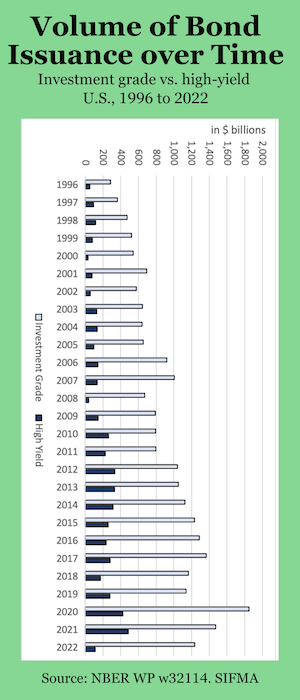
The Department of Labor missed an opportunity by not recommending in its fiduciary proposal that advisors to IRA owners should have training in retirement income or perhaps even a retirement designation, such as the RICP, RMA, CRC or CRCP.
As many people have pointed out, the “best interest” standard is idealist but unworkable. It’s impossible to define and it doesn’t address the most important issue. Retirement income planning is fundamentally different from “accumulation” planning. If the DOL wants people to turn their 401(k)/IRA savings into lifetime income, it should point them to professionals who are trained to do that.
Retirement income advice requires skills that most investment advisors don’t have. Income planning demands an understanding of the risks of retirement (longevity risk, health care risk, inflation risk, etc.) and how to mitigate them. It calls for a familiarity with products (like income annuities), processes (like flooring or bucketing) and benefits (like Social Security and Medicare) that don’t matter before retirement.
The right training has been getting easier to find. The American College has trained thousands of Retirement Income Certified Professionals. The Retirement Income Industry Association runs bootcamps for its Retirement Management Analyst designation. For years, InFRE has offered the Certified Retirement Counselor degree to bank advisors and others. The College for Financial Planning offers the Chartered Retirement Planning Counselor program.
Requiring advisors to hold one of these designations before advising an IRA owner might address the DOL’s primary concern—that too many elderly Boomers will run out of money and end up on public assistance—more directly than merely requiring advisors to act in their clients’ “best interest,” whatever that may be.
Yes, it would be time-consuming and expensive to retrain enough advisors to meet the demand for retirement counseling. But probably no more expensive than complying with a best interest standard. And it would move the advice industry in a useful direction. New layers of disclosure and reporting won’t.
Instead of taking that approach, the DOL focused on the conflicts-of-interest that third-party commissions can create for advisor/distributors. The DOL is right in believing that these conflicts distort the advice that IRA owners receive. Many of the distortions are common knowledge in the financial industry. But eradicating them through a “pledge” is quixotic. A positive approach might have worked better.
By proposing a solution that would disrupt the distribution of financial products and deny broker-dealers a major source of revenue, the DOL guaranteed a wall of resistance. Instead, it might have encouraged or required IRA advisors to demonstrate retirement planning expertise. A number of financial firms, who already recognize that retirement expertise can be a competitive advantage, might even have embraced it.
© 2015 RIJ Publishing LLC. All rights reserved.


